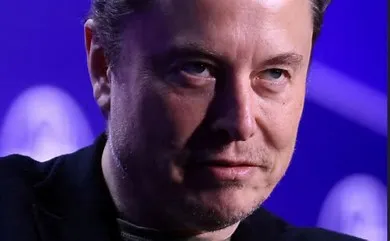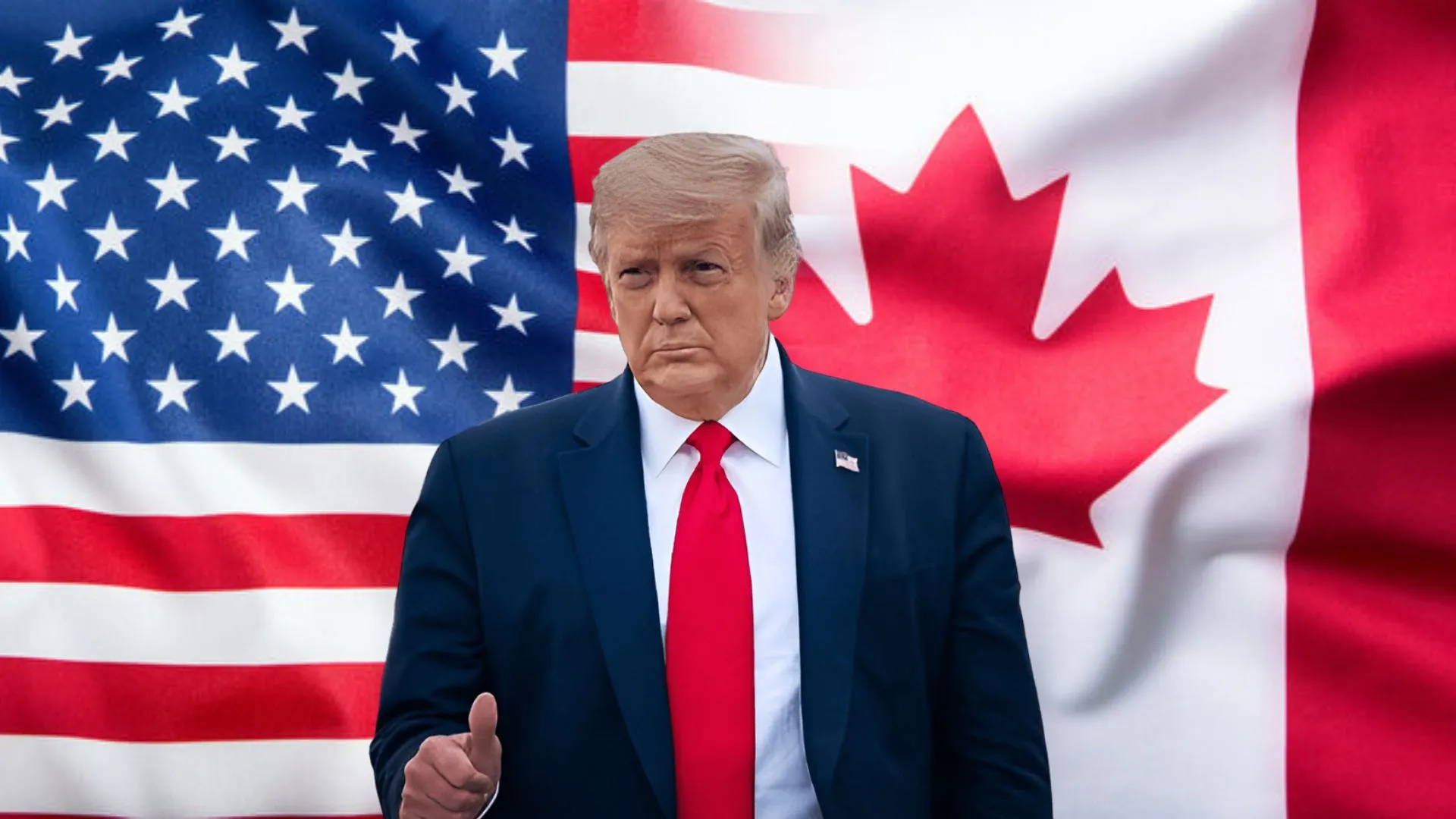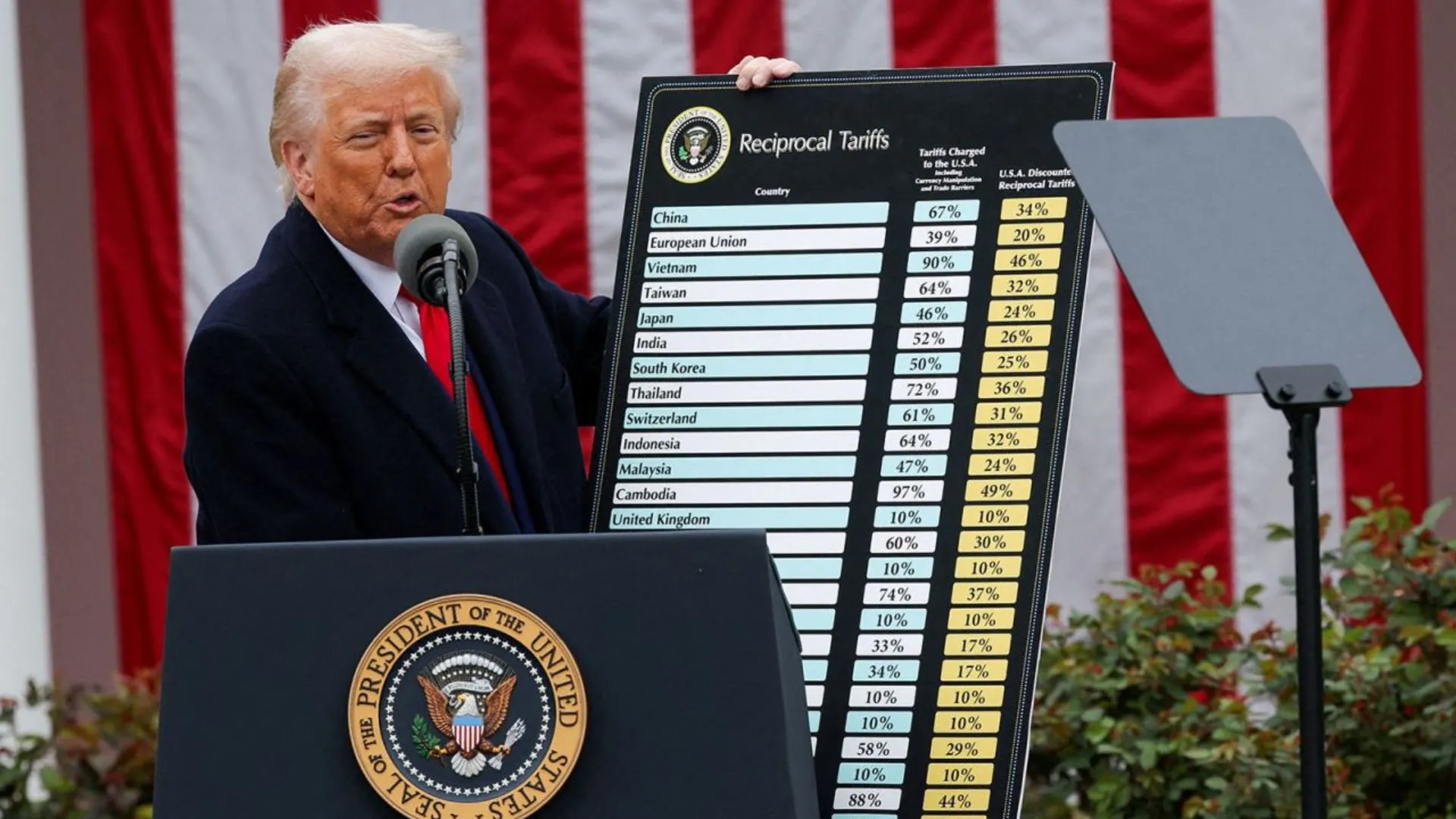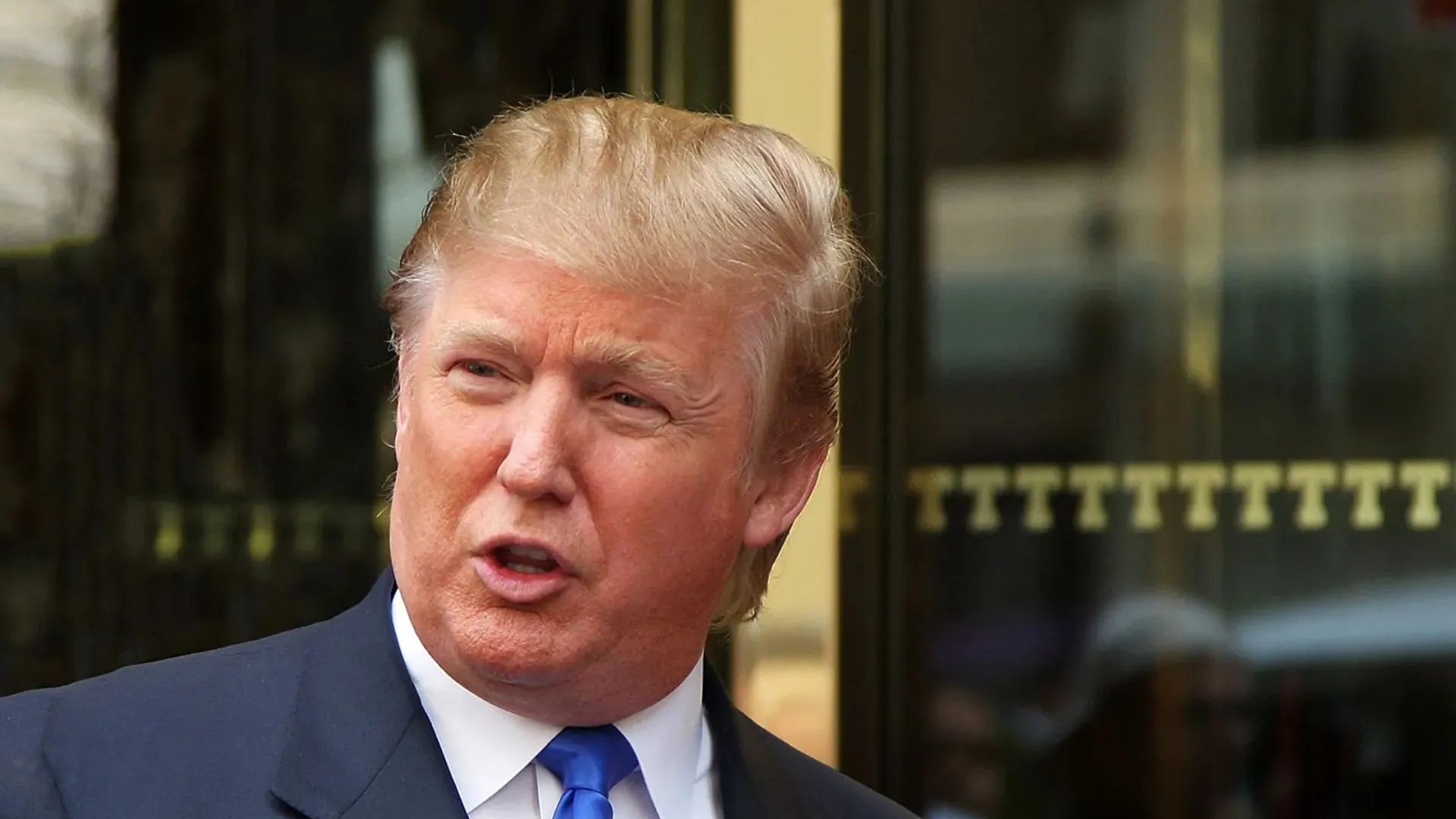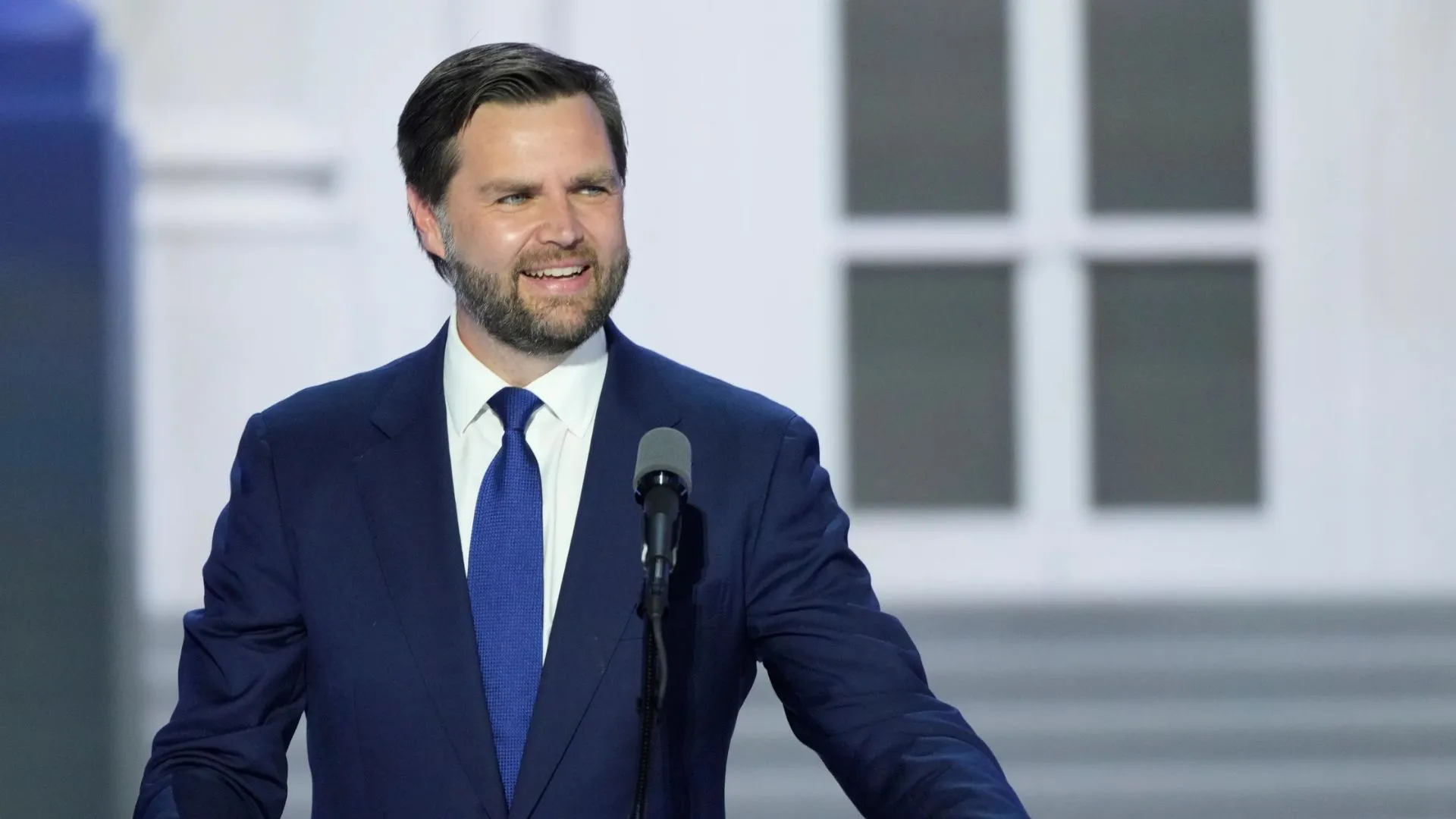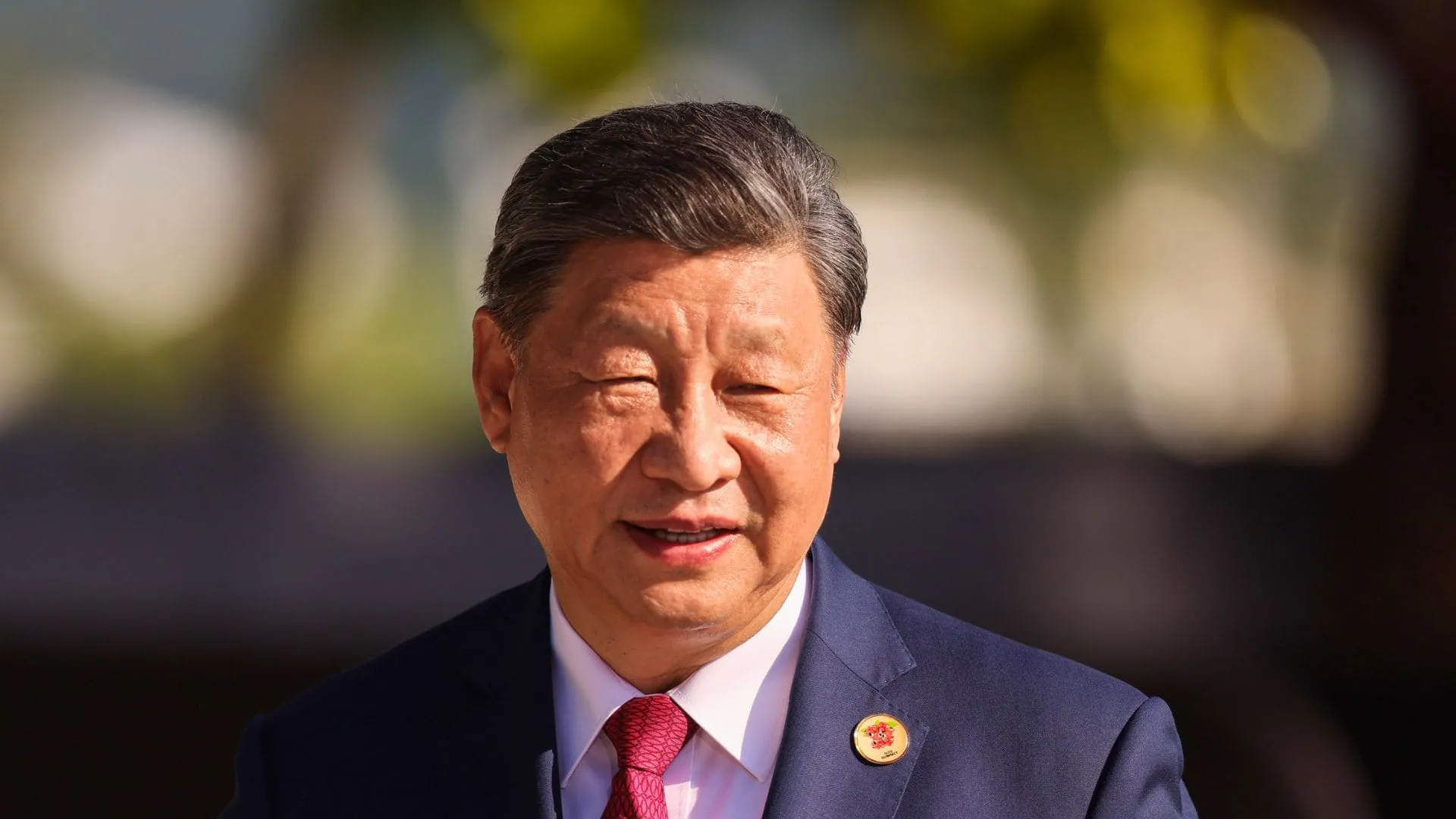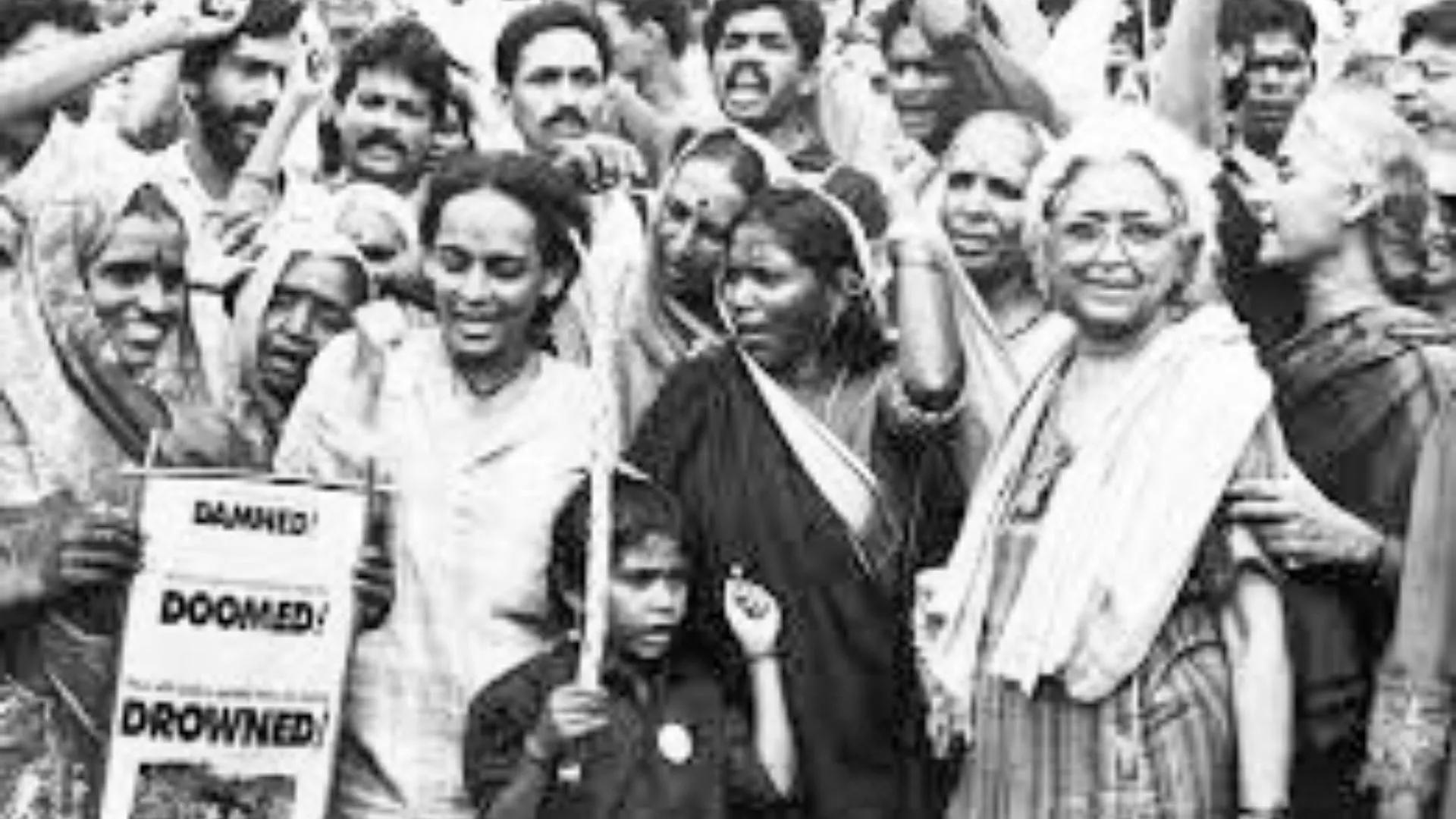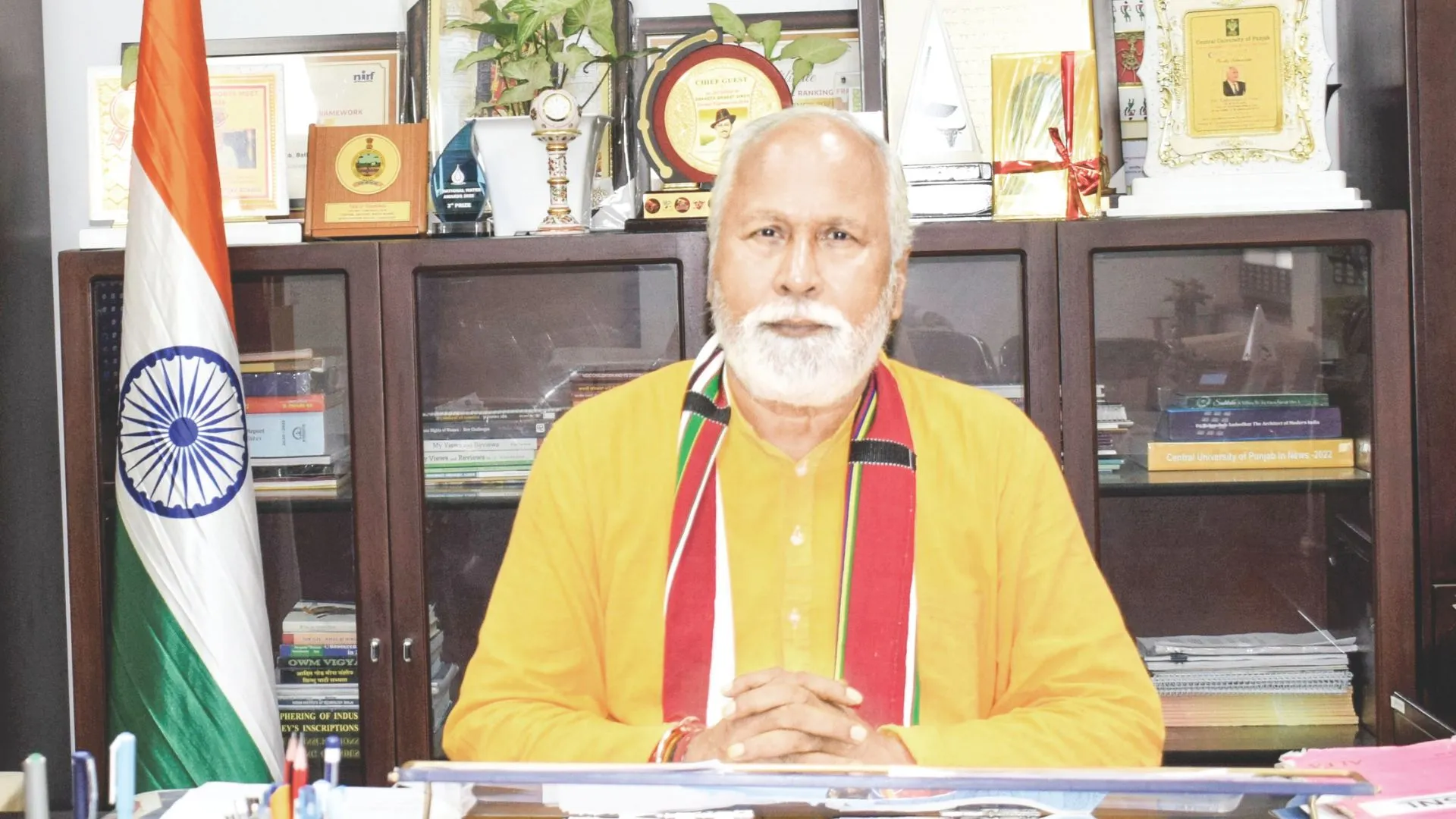Former Scottish first minister Humza Yousaf has criticized Elon Musk for comments made on the murder of Kriss Donald, a 15-year-old Glaswegian boy killed in a racially motivated attack in 2004. Musk’s post on his platform X has been accused of stoking racial tensions, with Yousaf stating that the Tesla CEO is “normalizing prejudice” and amplifying harmful rhetoric.
Yousaf Highlights Justice Efforts by Mohammad Sarwar
Yousaf praised the efforts of Mohammad Sarwar, the UK’s first Muslim MP, who played a pivotal role in ensuring the perpetrators of Donald’s murder faced justice. Sarwar personally traveled to Pakistan to secure the extradition of the killers after they fled the UK.
“The murder of Kriss Donald was a horrific crime, and his mother, Angela Donald, made a plea at the time to avoid using it as a tool for inflaming racial tensions,” Yousaf said. “That plea is being ignored by individuals like Elon Musk.”
Musk’s History of Controversial Remarks
This is not the first clash between Musk and Yousaf. Musk has previously criticized Yousaf’s Hate Crime Act and labeled him “super racist” during an online spat. Yousaf, in turn, has described Musk as “one of the most dangerous men on the planet,” accusing him of using his platform to spread far-right views and anti-Muslim rhetoric.
Musk’s support for far-right figures like Tommy Robinson, Geert Wilders, and Alternative für Deutschland (AFD) has further drawn criticism. Yousaf argued that ignoring such rhetoric is not an option, urging action to counter the divisive narratives being propagated.
Warnings Against Divisive Rhetoric
Yousaf reiterated his concerns during an interview on LBC’s Tonight With Andrew Marr. He warned that powerful individuals with massive platforms, like Musk, are amplifying harmful messages, which risk creating division and undermining democratic principles.
Conclusion
The ongoing conflict between Musk and Yousaf underscores broader tensions around the role of influential figures in shaping public discourse. Yousaf’s call for confronting divisive rhetoric highlights the responsibility of leaders and public figures to promote unity rather than division.

